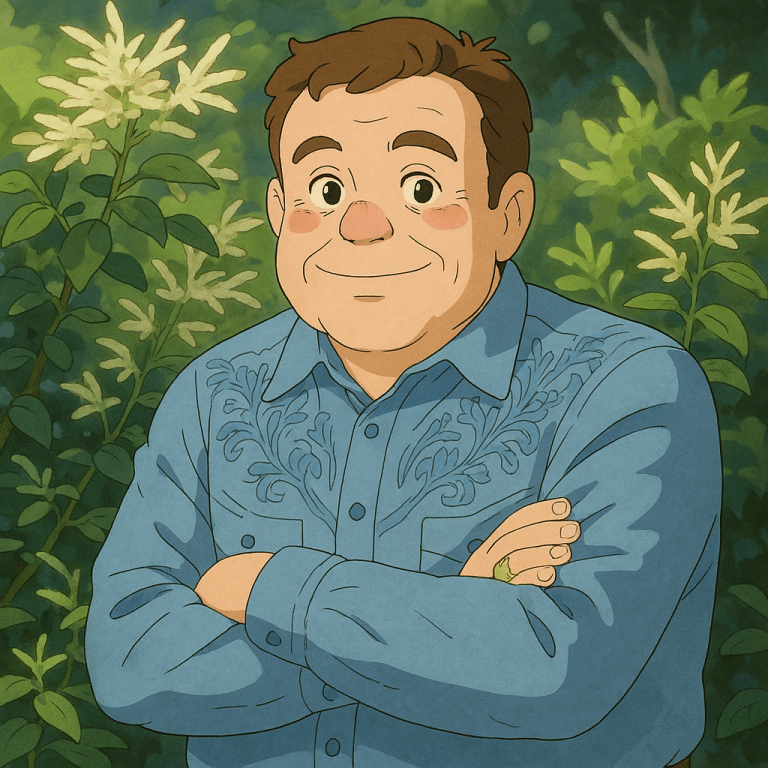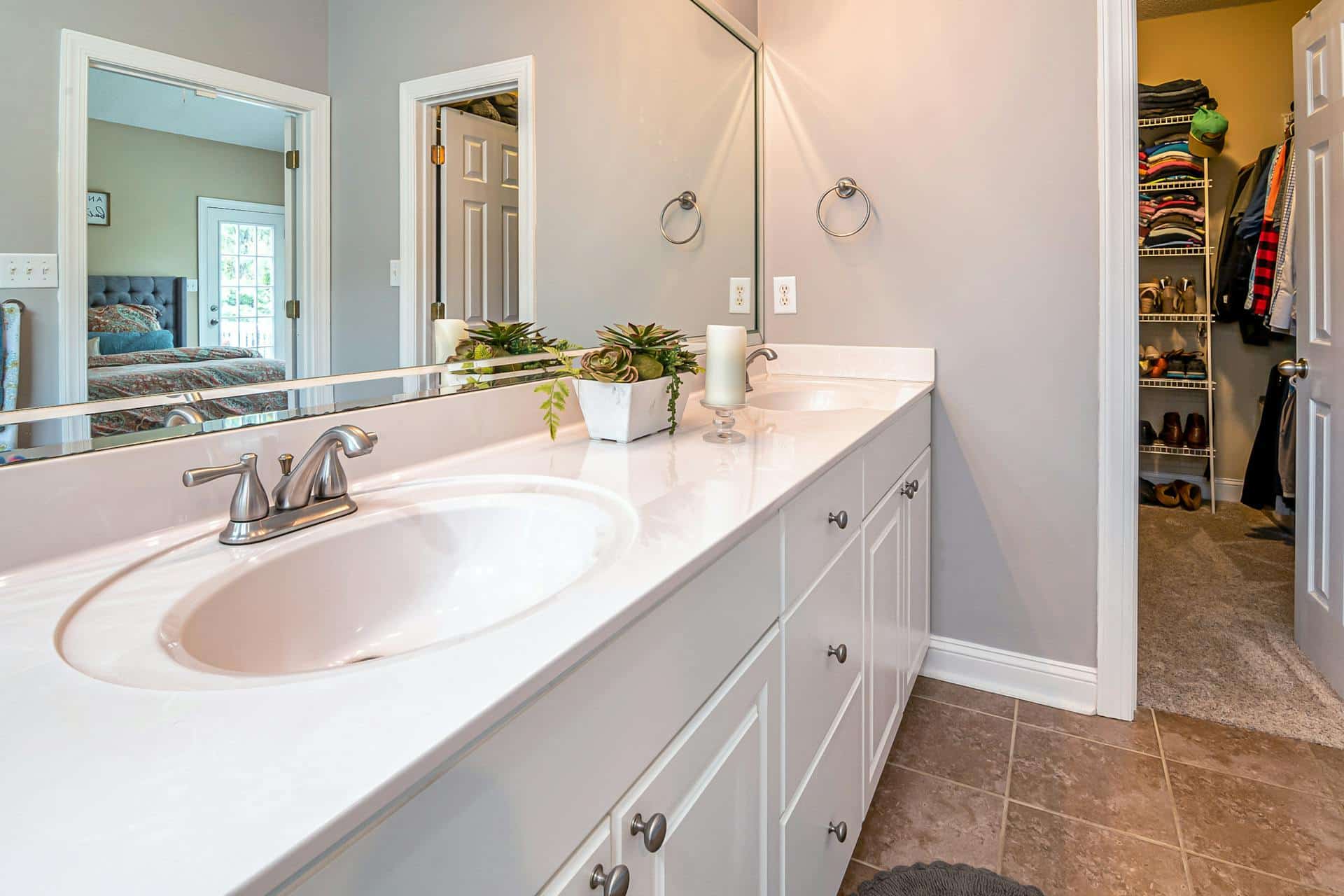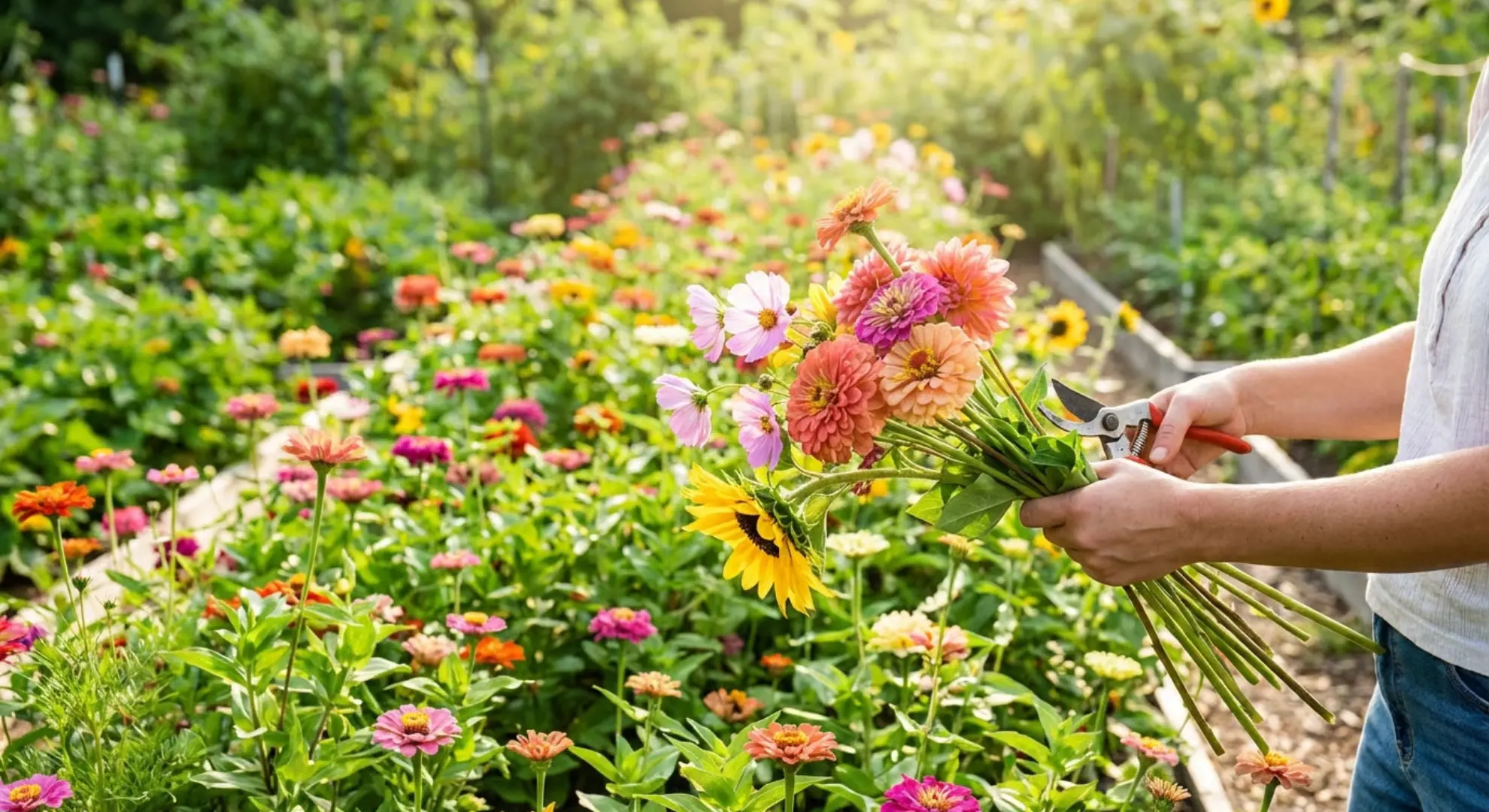Every outdoor space benefits from the right balance of strength, design, and endurance. The material chosen for decking defines how well it stands up to time, weather, and use. Among all available options, hardwood timbers remain the benchmark for reliability and natural appeal. Let’s explore what makes these timbers exceptional and which types deliver the most lasting value.
Iroko The Golden Hardwood of Choice
When selecting hardwood decking, Iroko often stands out for its golden-brown tones and strong performance in varied climates. Originating from West Africa, this timber combines density with natural oils that help with resistance to rot, fungi, and insect damage. The subtle shift in its tone over time creates a soft silver-grey finish, favoured by architects for contemporary and traditional designs alike.
Its stability under temperature fluctuations makes it ideal for coastal areas and urban installations. Builders value its strength, consistent grain and workable texture, which simplifies cutting and fitting. This combination of aesthetic quality and structural integrity secures Iroko’s reputation as a reliable outdoor timber.
Cumaru Known for Exceptional Density
Cumaru, sometimes called Brazilian teak, is celebrated for its impressive hardness and resistance to wear. Its high density aids to minimise movement, making it suitable for decking projects exposed to heavy use such as walkways and footbridges. The grain of Cumaru features rich golden and red-brown tones, adding a warm, natural feel to outdoor spaces. This visual depth complements modern architectural projects that emphasise natural materials.
Due to its durability, Cumaru performs well without chemical treatments. It naturally resists mould, decay, and insect activity, which extends its life in demanding climates. While it can be slightly more challenging to machine, professionals often prefer it for its exceptional lifespan.
Balau for Balance Between Strength and Versatility
Balau is one of the most versatile timbers used in external structures. Commonly sourced from Southeast Asia, it offers an even texture and dense composition that aids to resist moisture. Balau decks retain stability even in fluctuating humidity, making them suitable for the UK’s variable weather. Its natural yellow-brown tone gradually matures into a darker shade that enhances outdoor aesthetics.
Balau’s strength supports heavy loads, while its grain pattern enhances the visual character of open-air designs. Its adaptability across projects explains why it remains a frequent choice among builders and landscape designers.
Garapa as Light-Toned Alternative
Garapa offers a bright, honey-coloured appearance that contrasts beautifully with darker materials such as stone or metal. It’s a hardwood valued for its fine grain and moderate density, which makes it easy to handle during installation. Garapa is naturally resistant to decay and surface wear, qualities that help with maintaining its appeal across seasons. Its colour stability also prevents significant fading under sunlight.
This timber’s smooth surface creates an elegant, refined look ideal for terraces and pool decks. Architects often choose Garapa to create a sense of openness in smaller outdoor areas. Over time, it weathers to a soft silver hue that enhances natural designs. Its long service life and low maintenance requirements make it an appealing alternative to darker species.
Massaranduba for High-Performance Contender
Massaranduba, sometimes known as Brazilian Redwood, is among the hardest decking timbers available. Its deep red-brown tones offer a rich, elegant finish that adds warmth to large outdoor areas. The timber’s density provides resistance against mechanical damage and extreme weather exposure. For public installations or commercial projects, it delivers an excellent balance of beauty and endurance.
Despite its hardness, Massaranduba can be worked with precision using professional tools. It holds fixings firmly, ensuring long-term structural stability. The timber’s natural oils contribute to water resistance and help to reduce surface checking. When oiled regularly, it maintains its lustre and depth of colour for many years.
Teak is Known for its Durability
Teak has long symbolised quality in marine and architectural construction. Its naturally high oil content provides outstanding protection against moisture, decay, and pests. Teak’s fine grain and golden-brown tones give it a timeless visual appeal, making it a popular choice for high-end decking projects. It performs exceptionally well in both exposed and shaded environments.
The timber’s natural silica content helps to maintain a non-slip surface, even when wet. This safety advantage adds to its functional benefits, particularly around pools and walkways. Although it requires a greater initial investment, its longevity justifies the cost over time. Teak decks that receive simple periodic care can remain serviceable for decades.
Maintenance Considerations Across Hardwoods
Regular cleaning with a mild detergent and periodic oiling may help to preserve their natural sheen. Avoiding standing water and ensuring adequate ventilation aids to prevent moisture accumulation. Choosing certified timbers from responsible sources also promotes sustainable building practices. Reputable suppliers verify their materials through environmental certification schemes such as FSC or PEFC. Thoughtful selection enhances both design outcomes and ecological responsibility.
From Iroko’s golden tones to Cumaru’s exceptional density, high-quality hardwood decking brings unmatched durability and charm to outdoor construction. Each species offers unique strengths that cater to design intent, climate, and project scope. With proper maintenance and ethical sourcing, these timbers continue to shape sustainable and timeless outdoor spaces across generations.








